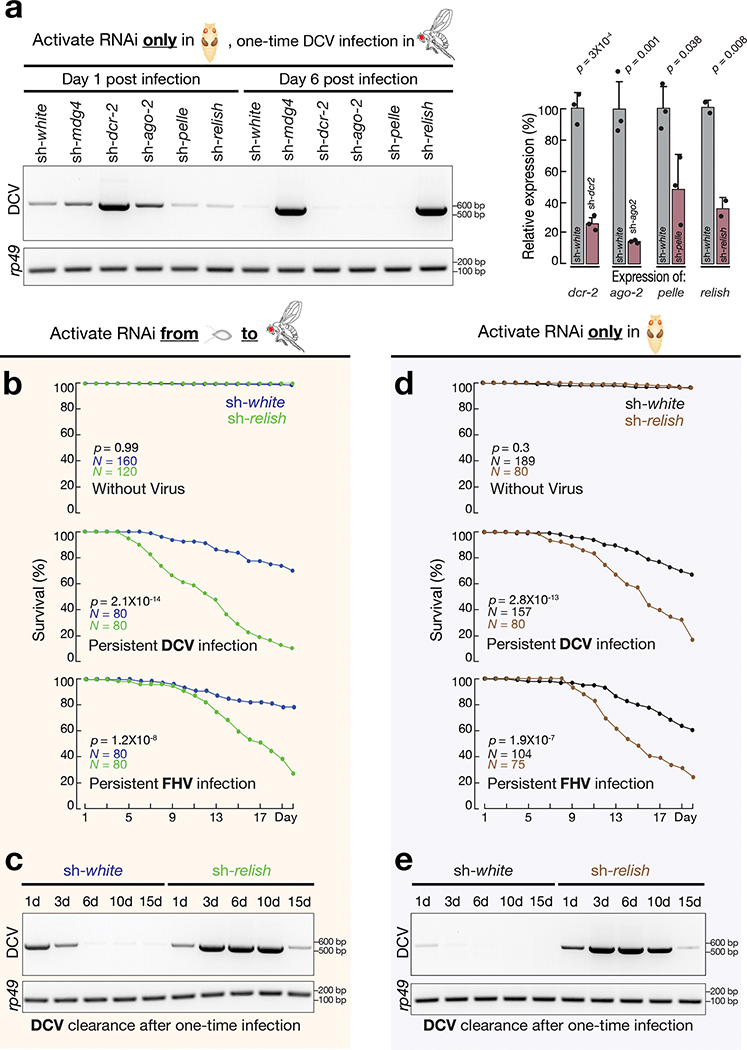Fig. 6 |. Relish activation at pupal stage protects adult flies from viral infections.
a, With each key immune factor depleted only at pupal stage, adult flies were challenged with DCV by one-time feeding. The amount of DCV in fly bodies on day 1 and day 6 after infection was measured by RT-PCR. Right panel: the silencing efficiency of each RNAi construct was measured by RT-qPCR based on the two-tailed t-test. Newly eclosed flies were used to extract RNA. Data are normalized to rp49 (RpL32) expression; the bars report mean ± standard deviation for three biological replicates for sh-dcr2, sh-ago2, sh-pelle and two biological replicates for sh-relish. b, Upon activating Relish RNAi from embryonic to adult stage, the survival rates were measured by raising flies on virus-containing food for 20 days. sh-white flies served as controls. c, Upon activating Relish RNAi from embryonic to adult stage, RT-PCR experiments were performed to monitor the amount of DCV in fly bodies after one-time infection. d, With Relish only silenced at pupal stage, the survival rates were measured by raising flies on virus-containing food for 20 days. e, With Relish only silenced at pupal stage, RT-PCR experiments were performed to monitor the amount of DCV in adult flies after one-time infection. Three independent biological replicates were performed for panels c and e. Comparison of survival curves was completed using a Cox proportional-hazards model for panels b and d.

